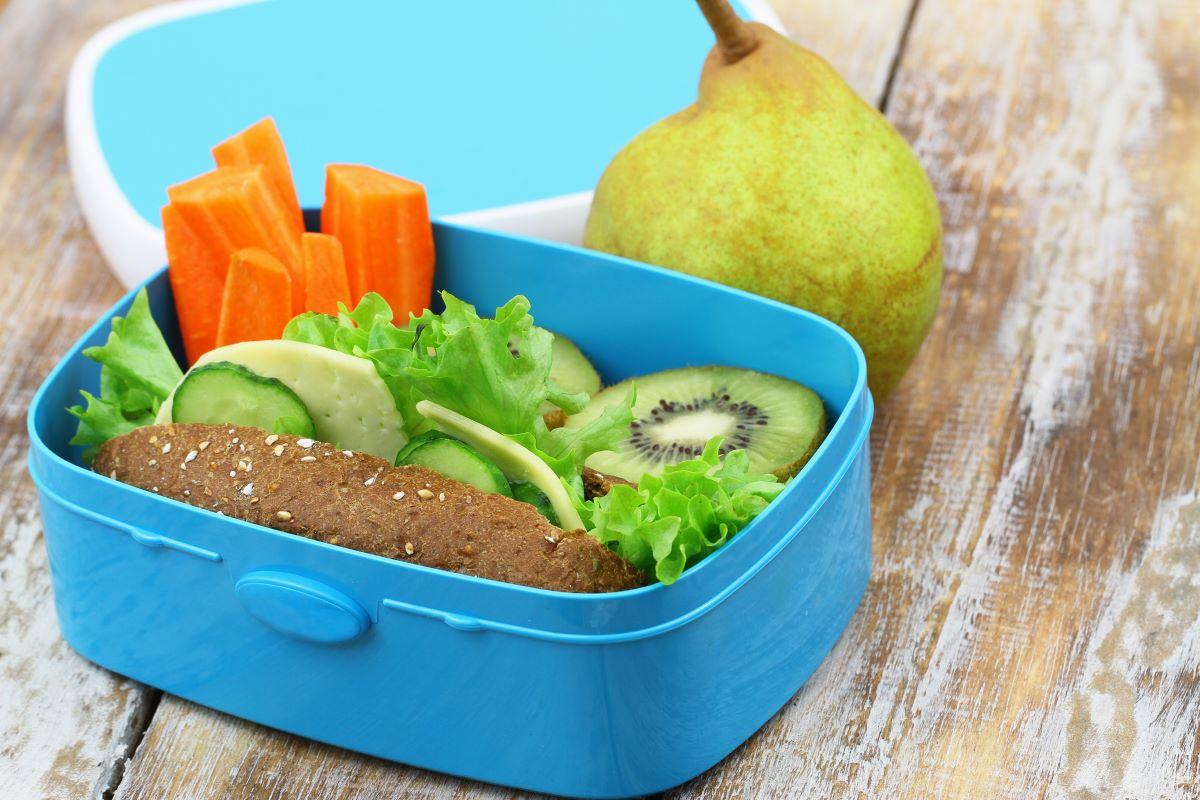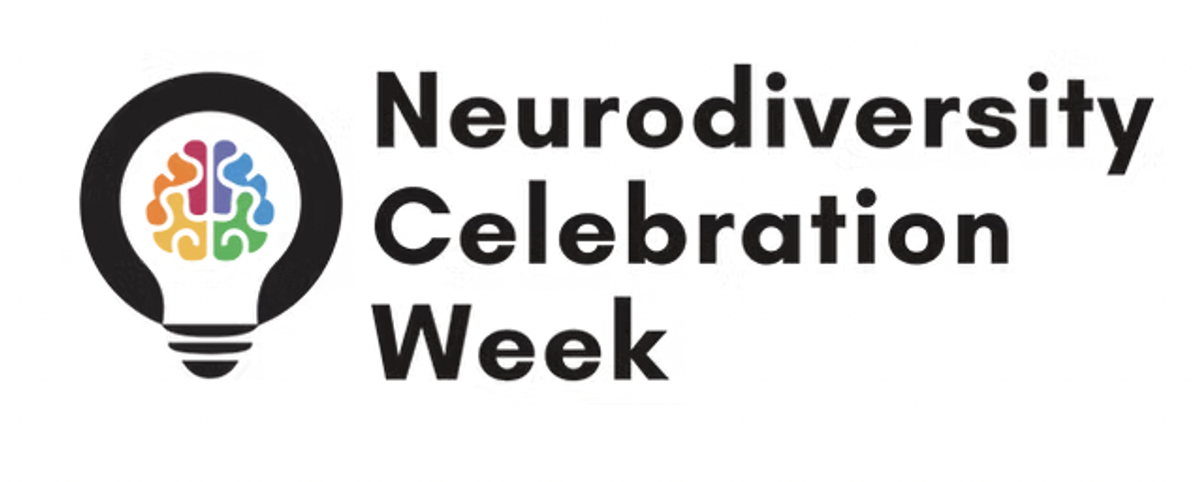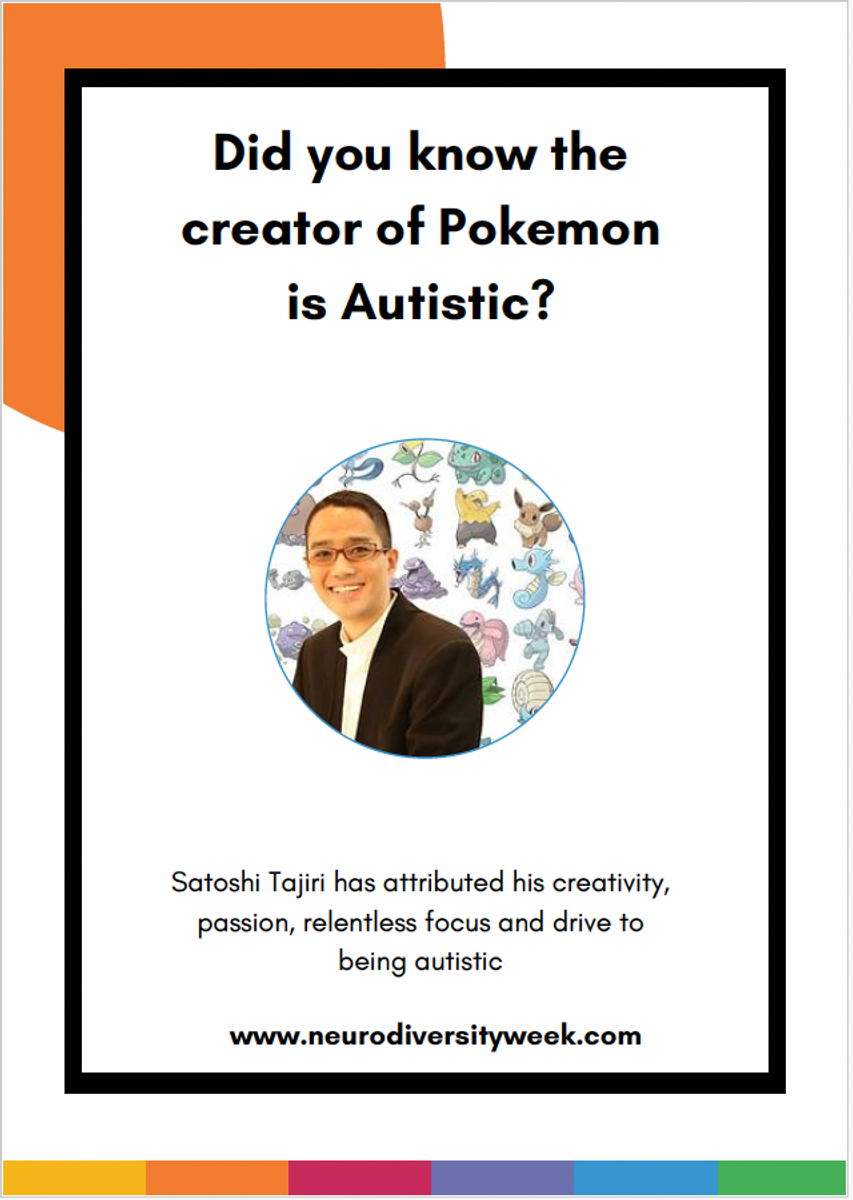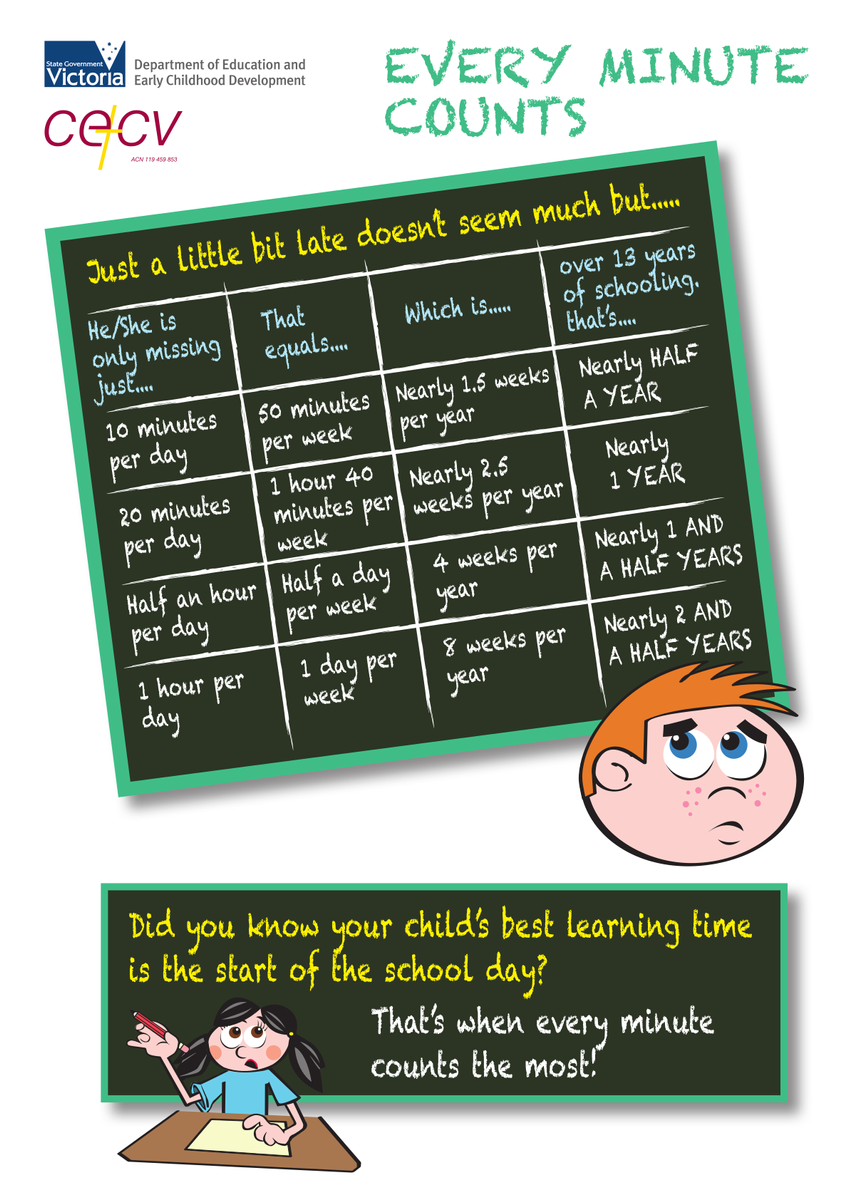Learning Diversity News

Medical and medication
Our school website has many policies regarding medical conditions and medication. If your child has or at some point during the year is diagnosed with a medical condition please refer to the policies and get in touch with Natalie regarding other plans and forms that may need to be filled out.
Anaphylaxis and Allergies
We have several students at St Columba’s who are at risk of anaphylaxis. We ask that students do not share food in the classroom or outside. Please DO NOT include any nuts or eggs in lunch boxes. Below is some information from Allergy & Anaphylaxis Australia about food in schools and some great tips for students and parents.
Why not food bans?
Allergies that can cause anaphylaxis can develop in any food including, staple foods like cow’s milk, wheat, and eggs. Staple foods are in most lunch boxes and many canteen menu items so they are difficult to ban. Some people are allergic to many foods.
If one type of food is banned, it sends a message that some food allergy is more serious than another food allergy, which is not true. Banning one type of food does not help protect students with allergies to other foods.
Other reasons why A&AA doesn’t promote food bans:
- Claiming to be ‘nut free’, gives people a false sense of security. They may not then focus on other parts of anaphylaxis prevention and management such as staff training.
- It is too hard to check if the ’banned‘ food is being brought into the school or CEC service, it most likely is. For example, a muffin made with almond meal.
- Some families may not realise what ingredients are in packaged food.
- It is important for students with food allergies to learn how to manage their allergy as they get older by:
- Not sharing food
- Speaking to people about their allergies
- Washing hands before eating
- Asking if food is safe
- Getting help from an adult if unwell or worried
https://allergyfacts.org.au/allergy-aware-not-food-bans/
Neurodiversity Celebration Week (March 17th-23rd) is a worldwide celebration aimed at recognising and celebrating the strengths of people who are neurodivergent. The week focuses on understanding and appreciating the unique perspectives and contributions that individuals with conditions like ADHD (Attention Deficit Hyperactivity Disorder), OCD (Obsessive-Compulsive Disorder), Dyslexia, and ASD (Autism Spectrum Disorder) bring to society.
Neurodiversity Week sets out to challenge the misconceptions and stereotypes about what neurodivergent people can and cannot do. It highlights the importance of inclusivity, understanding, and support in creating a world where everyone—regardless of their neurological differences—can thrive and be valued for their strengths.
Neurodiversity Week aims to increase awareness and acceptance, offering a platform for education, dialogue, and the sharing of experiences. It is a time to acknowledge that neurodivergent individuals possess unique talents and ways of thinking that can lead to innovation, creativity, and diverse solutions in various fields, from education and business to arts and technology.
At St Columba’s we will celebrate Neurodiversity Week in each classroom and we will share our learnings and events at the assembly on the 27th of March. If you would like to participate in an online worldwide event, please see the interactive poster.





